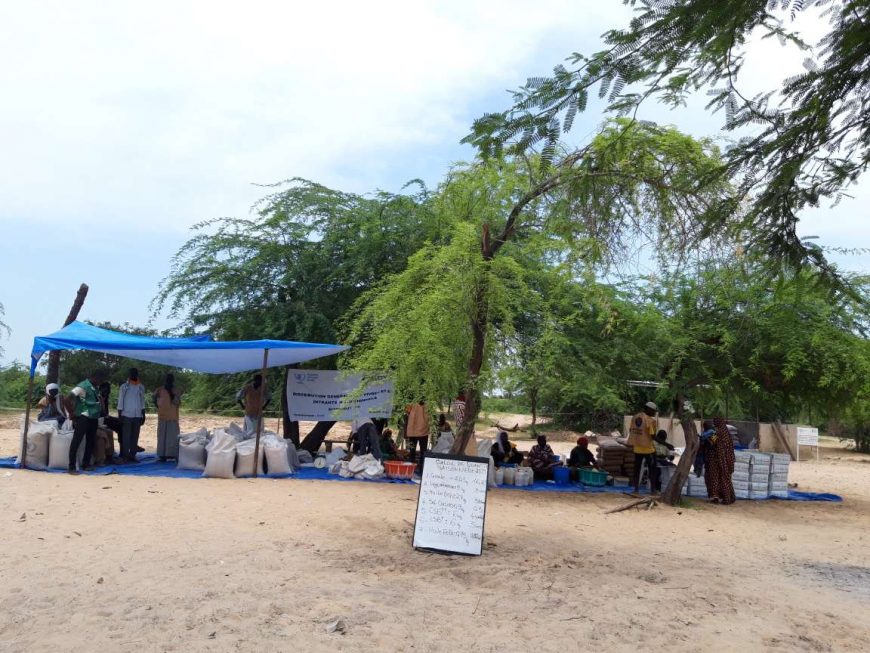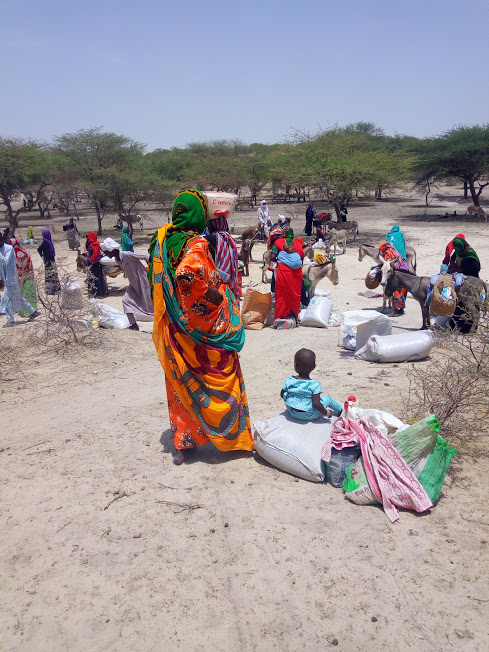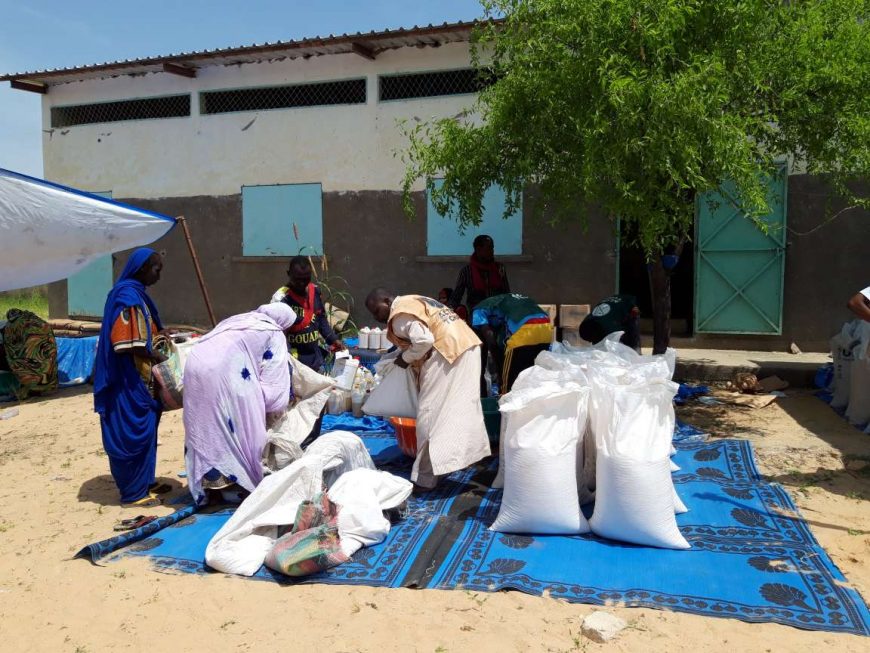Every year from June to August, food reserves reach their lowest level in Lake Chad province. With new harvests still growing, and previous stocks almost exhausted, an inevitable tensions descends upon local populations during this ‘hunger gap.’ The situation is helped neither by the unstable security context nor the unpredictable access to local markets.
To ensure that communities are able to eat during this annual window of uncertainty, ACTED provides emergency food aid, reaching approximately 97,000 people, including those in some of the toughest to reach areas.
Mitigating against annual food shortages
Every year, tens of thousands of people in the Sahel region face a food crisis. Instability, exacerbated by climatic hazards, terrorist threats and inter-communal conflicts, lead to many villages living in pure isolation. Living far from the major trade routes, they are even more vulnerable to the lean season.
61% of Chadians are food insecure during the lean season.

Present in the Lake Chad region since 2012, ACTED knows the territories and dynamics of the region well. This knowledge allows teams to be flexible in the implementation of distribution activities, according to security and operational challenges. Interventions can therefore take place despite these constraints by being moved to more stable and secure areas.
The NGO is working in the departments of Wayi and Mamdi to meet the basic food needs of these vulnerable populations. Accessing the areas of the Wayi and Mamdi poses major challenges for aid actors given the poor security situation.
ACTED favours a territorial and community approach. Interventions take into account the different components of the intervention areas, including security dynamics and access conditions. ACTED always plans its distributions and associated in close collaboration with the beneficiary communities. This approach makes it possible to provide a flexible, adapted and transparent emergency response, thanks to a solid knowledge of the territories and the acceptance of the communities.
From urgency to resilience

ACTED’s general food distributions in Wayi and Mamdi reached 86% of the people initially targeted by this action. In order to guarantee food security in the region, ACTED teams complemented these distributions with information sessions best practices in relation to nutrition, particularly for mothers and women with children in their care. 4,000 women have taken part in these sessions to date. The teams also distributed seeds to 1,000 vulnerable families, with the aim of better preparing them for future shocks by growing their own food for subsistence.

This project was made possible through support from the World Food Programme (WFP):
